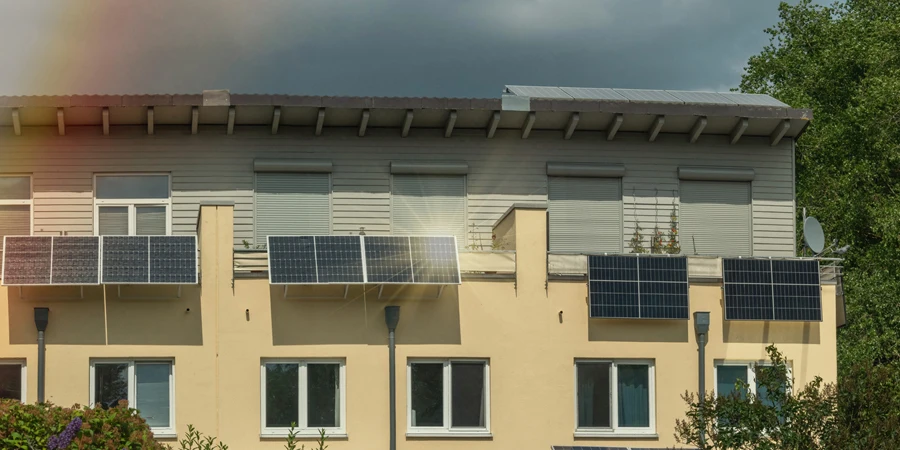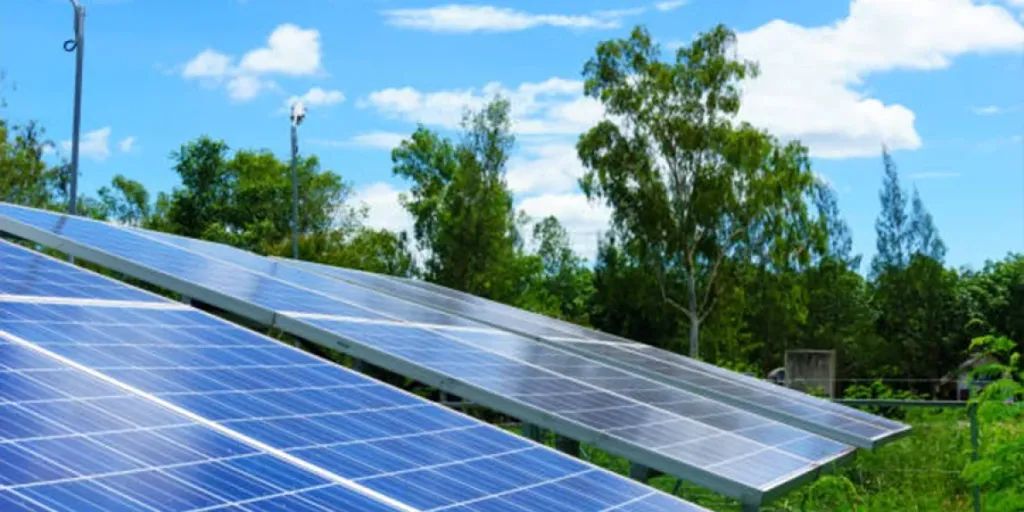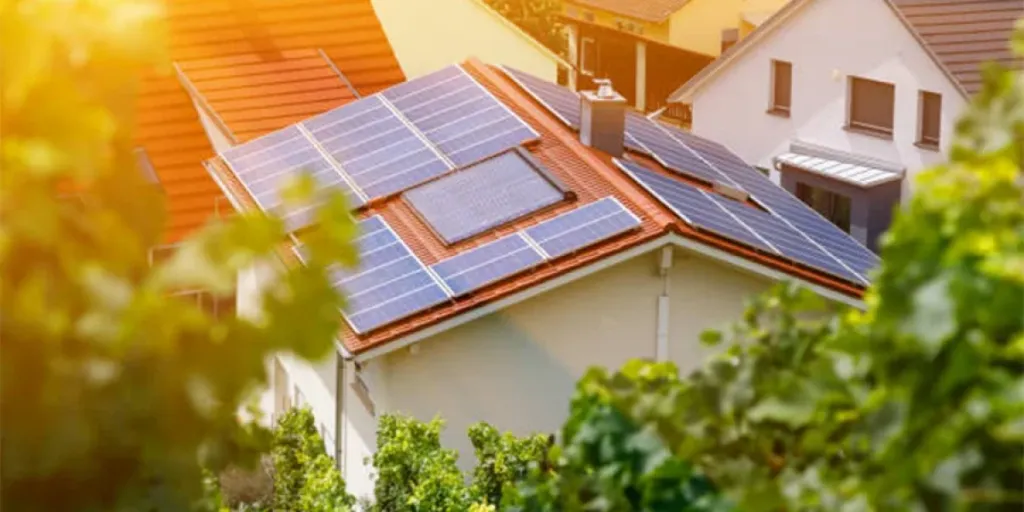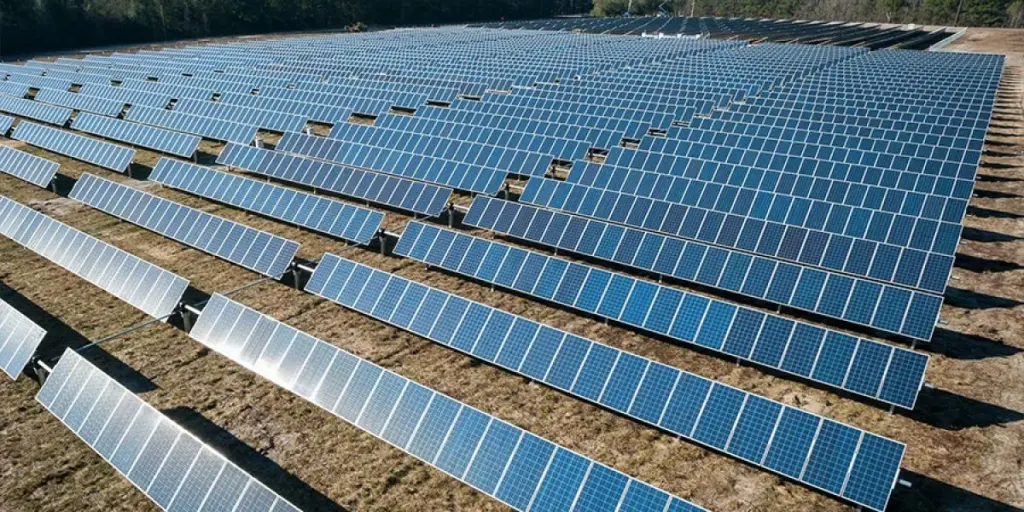- EPFL and HES-SO Valais Wallis look at decentralized solar as having the potential to accelerate Switzerland’s energy transition
- The benefits range from reduced investment costs for system and grid, and bringing down grid strain
- It will also lead to energy independence and increased community empowerment
Integration of decentralized solar PV systems into the Swiss energy grid can bring down the annual system costs for Switzerland by 10% while pushing up self-consumption rates to 68%. Such systems can also reduce the need for grid reinforcement by up to 43%.
Distribution systems can remain concentrated only in the urban districts due to electrification of the buildings and private mobility sectors.
Encouraging self-consumption reduces grid strain, enhances community empowerment and promotes energy independence. This is the ‘pivotal’ finding of a new study released by the École Polytechnique Fédérale de Lausanne (EPFL) and the University of Applied Sciences Western Switzerland (HES-SO) Valais Wallis.
The researchers argue that their findings demonstrate a clear advantage in promoting decentralized electricity production and consumption. Such an energy system will lead to a more secure and stable energy supply in the country, while bringing down its reliance on energy imports.
Using a multi-energy and multi-sector modeling framework, EnergyScope, and the Renewable Energy Hub Optimizer (REHO) to analyze the Swiss energy model, the team found that a decentralized energy model strategically reduces system costs by 10% to CHF 1,230 ($1,362)/capita.
“With an investment of CHF 1,260 ($1,395)/year/capita in local energy communities, districts can produce about half of the total energy needs of Switzerland by using around 60% of the available roof surface,” said EPFL’s François Maréchal who leads the institute’s Industrial Process and Energy Systems Engineering (IPESE).
The authors believe further research is required to explore critical areas in this space including understanding the impacts of climate change on building demands and resource availability. Integration of prosumers with centralized systems is also crucial to enhance system efficiency and reliability.
Expansion of sector coupling and district configuration adaptation in the industry, services, and agriculture sectors is equally significant, as per the study.
Titled Power to the People: On the Role of Districts in Decentralized Energy Systems, the study is now published in the scientific journal Energies.
Recently, the EPFL released another study calling rooftop solar as the quickest way for Switzerland to achieve its energy targets for 2050 (see Rooftop Solar Can Help Switzerland Achieve Energy Targets).
The focus on the decentralized solar segment in Switzerland is significant in the wake of the European Union getting ready to make rooftop solar mandatory for the bloc under its Fit for 55 package (see EU Solar Standard One Step Away From Becoming A Law).
Source from Taiyang News
Disclaimer: The information set forth above is provided by Taiyang News independently of Alibaba.com. Alibaba.com makes no representation and warranties as to the quality and reliability of the seller and products.




